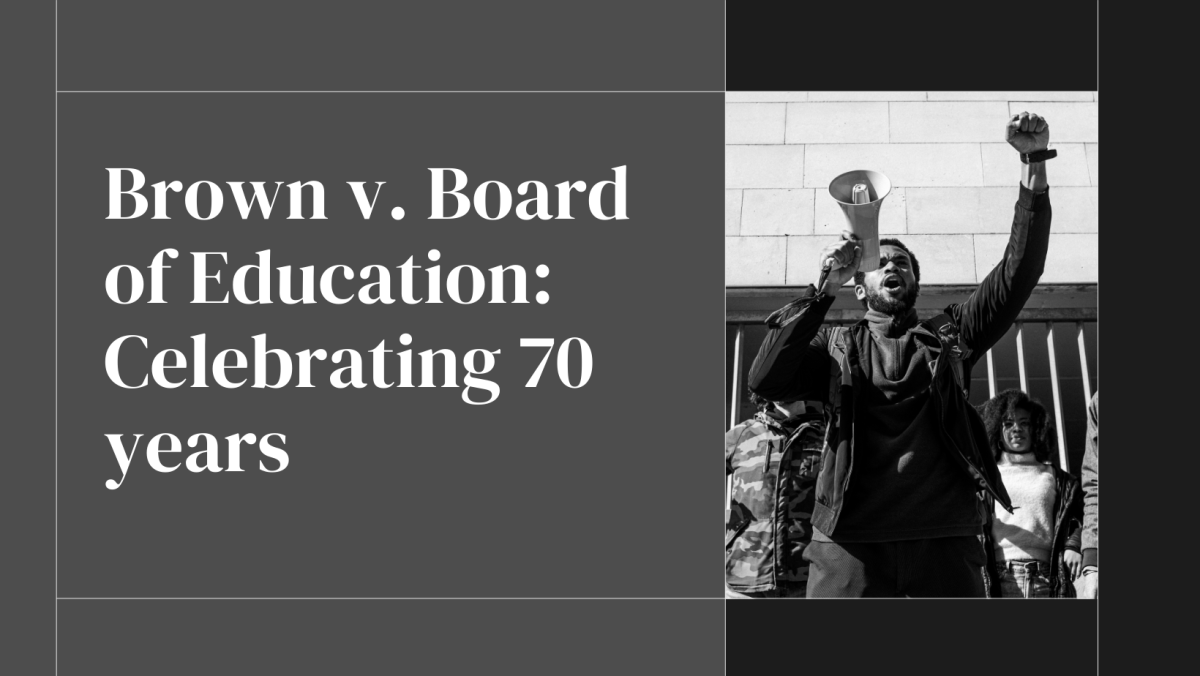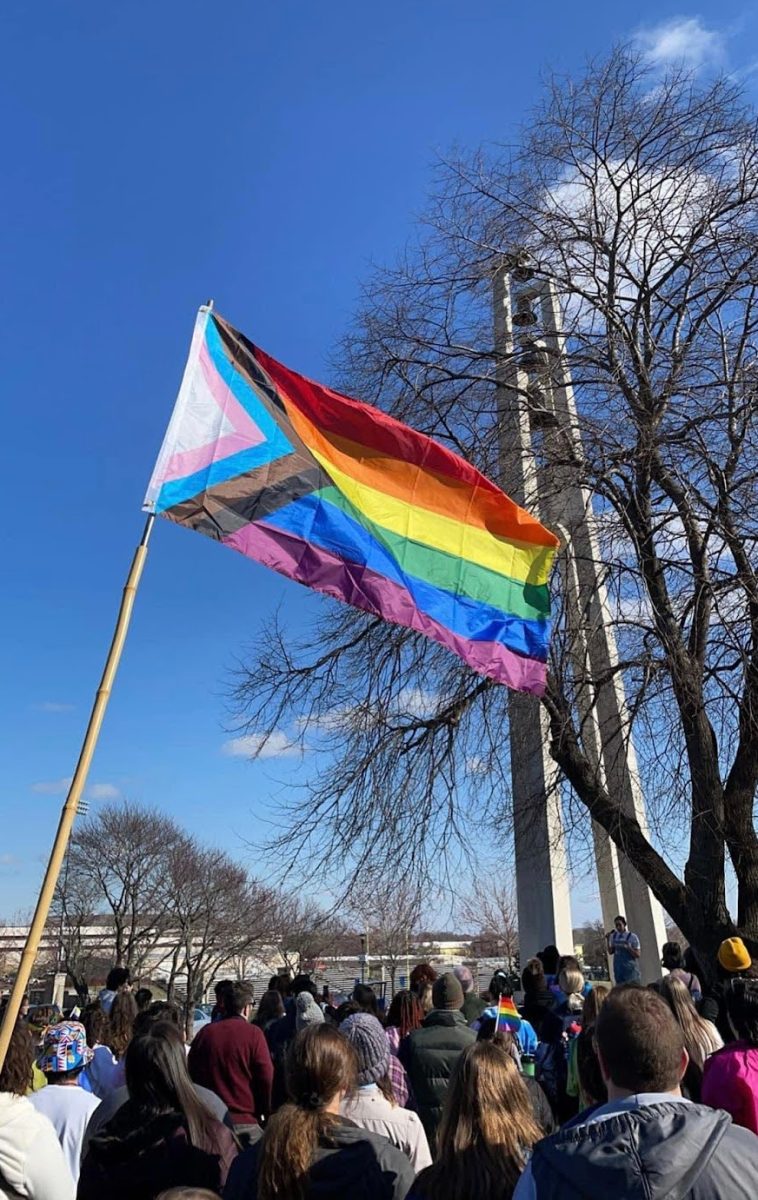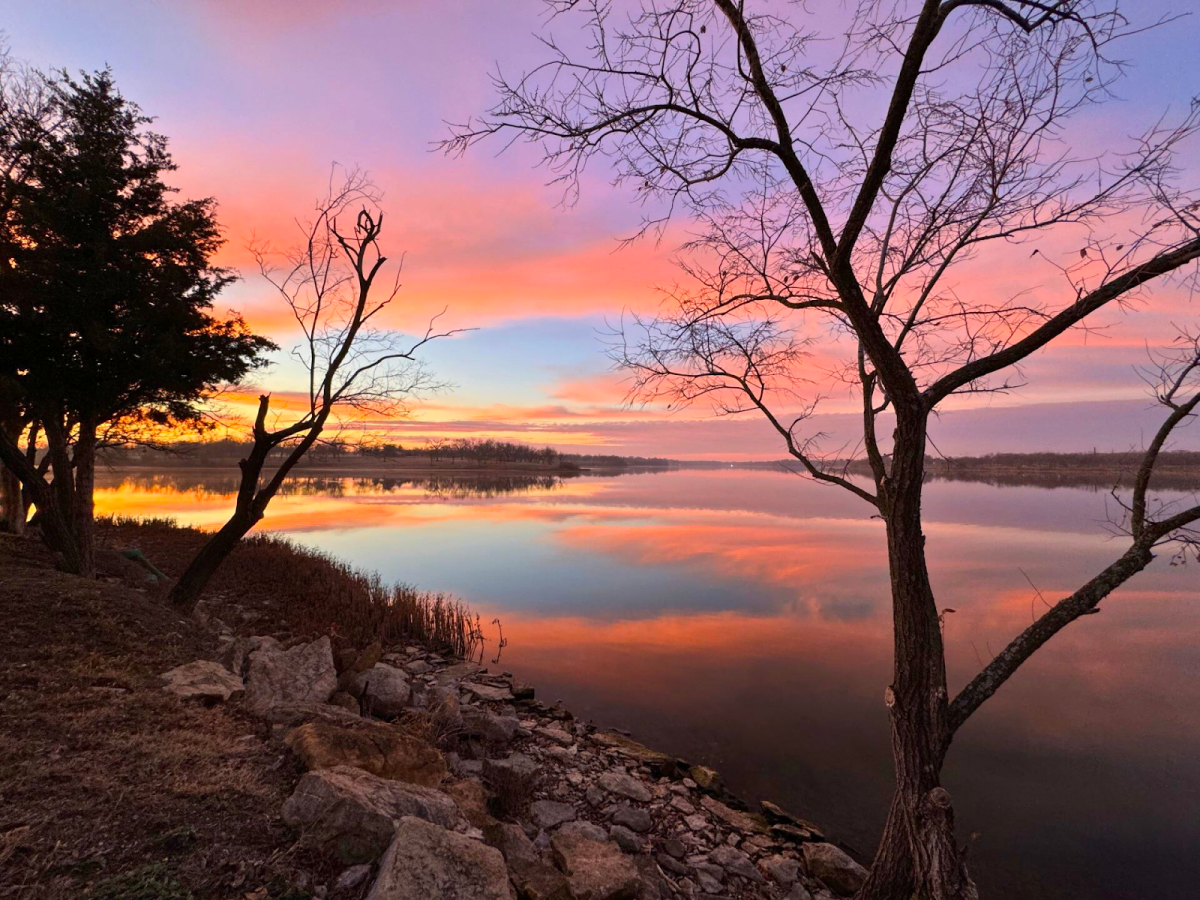On May 17, 1954, the U.S. Supreme Court ruled that state laws establishing racial segregation in public schools are unconstitutional, even if the schools are considered equal in quality.
Now, less than one month short of its 70th anniversary, the court’s decision is still making an impact for students across the nation.
“It’s an ongoing project, kind of like a relay race, that each generation needs to push forward,” said Bruce Mactavish, history professor.
Mactavish is currently teaching HI300 Brown v. Board, and many of his students are finding new perspectives on how important the court case is to them.
“I work in Topeka school districts and so I was interested to see that schools really aren’t desegregated,” said Bailey Hughes, senior psychology major. “Obviously they are a lot better now, but inner-city schools are mainly colored or minority groups whereas other schools are mainly white kids.”
Hughes explained that she sees this division in Topeka every day. The 501 school district is filled with minority groups and kids who are in foster care; meanwhile, schools like Shawnee Heights, which are predominantly white, are significantly healthier and have access to more resources. This segregation is difficult to manage because of the hidden barriers that aren’t as obvious.
In the early to mid 1900s, businesses and organizations made no attempt to hide their racist intent. Now, segregation and racism are harder to spot because they often masquerade as overlying social problems: housing, economic struggles, education and much more. While there is still a barrier for minorities to overcome, everyone has the opportunity to take the first step.
Nolan Meyers, junior public administration major, believes that the material from Mactavish’s class will help his future career in persuading Americans to foster a better understanding of racial equity.
“I believe the tools are in place, … but Americans are ignorant and I think that alone will prevent us from ever reaching unity,” Meyers said.
To forever remember the historical decision, Topeka created the Brown v. Board of Education National Historic Park for visitors to walk through and learn more about the case.
“Our core group is fourth and fifth grade, but we get everything from kindergarten to college groups coming to see the site,” said Nicholas Murray, the division manager for interpretation, education and business services at the Brown v. Board of Education national park.
While children are the majority of visitors to the park, every visitor has something to gain. Brett Ballard, head coach for Washburn’s men’s basketball, takes his new players to the park every year.
“I think it’s a very impactful experience for them and I really like to give them an opportunity to learn the history behind it,” Ballard said. “It allows them to experience something hands-on in a very impactful way.”
Ballard uses the trip to help create a similar environment for his team. He wants his players to be role models based on their actions and not on their race, ethnicity, religion or any other aspect. The park being in Topeka also helps new players and new residents of Topeka see the values of the area.
“Kansans have a heritage of testing boundaries,” Mactavish said. “A certain amount of that spirit was a part of Topeka in the 20th century.”
Brown v. Board has been impactful not only to the people in the surrounding area but also to similar missions all over the nation.
The pandemic caused a domino effect for social justice movements to take action after the death of George Floyd. When the park reopened after COVID-19, people traveled the country to get a better picture of what they were fighting for.
“We had visitors who were coming specifically to this site, and they said ‘We came to this site to have a better understanding of where it all started.’ And it’s things like that where you see the ongoing effects of Brown v. Board of Education,” Murray said.
For visitors who want to see the historic site themselves, the Brown v. Board of Education Historic National Park will be connecting with local businesses and organizations to hold events in commemoration of the court case’s 70th anniversary.
The park is also working with Visit Topeka to hold several events in the community, such as panel discussions and art walkthroughs. These all are leading up to the big event; Washburn University will be hosting a professional performance May 17, “Now Let Me Fly,” which will be free to the public.
Edited by Morgan Albrecht and Stuti Khadka











